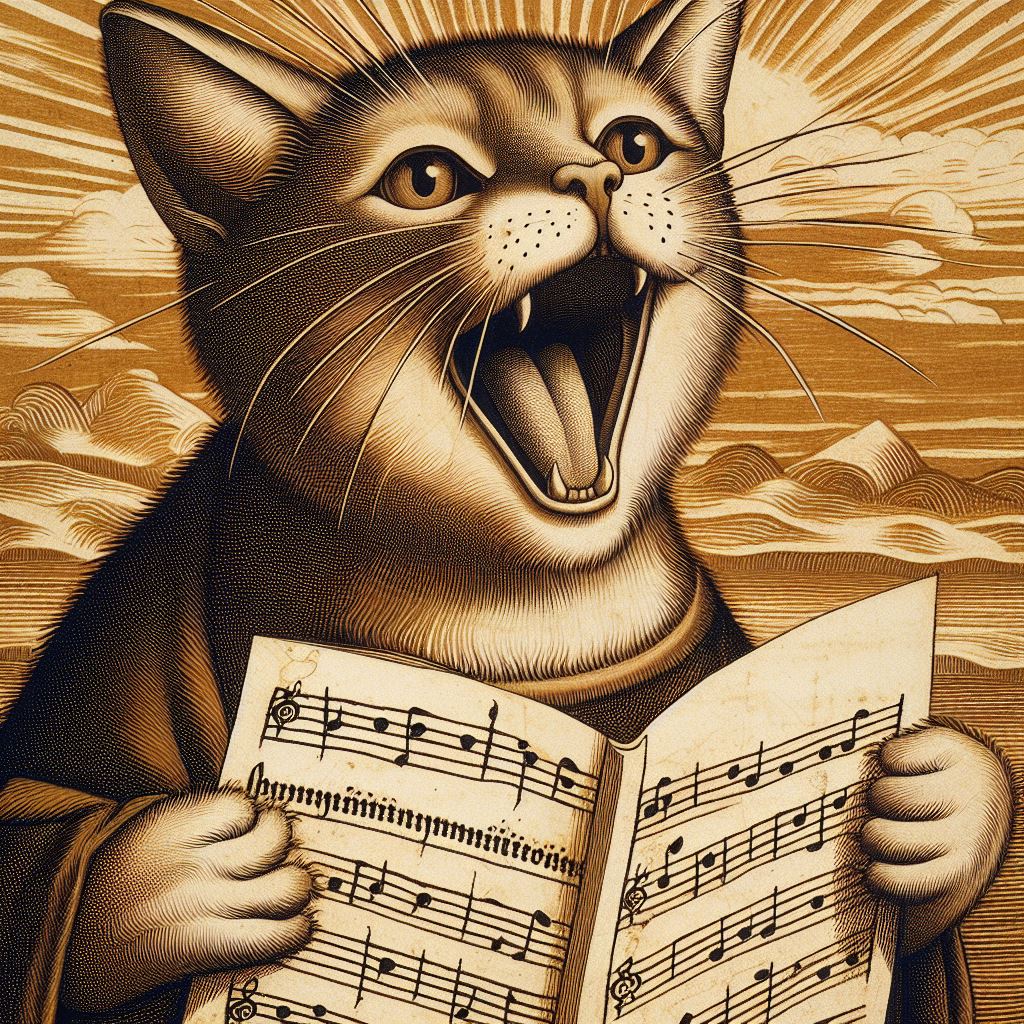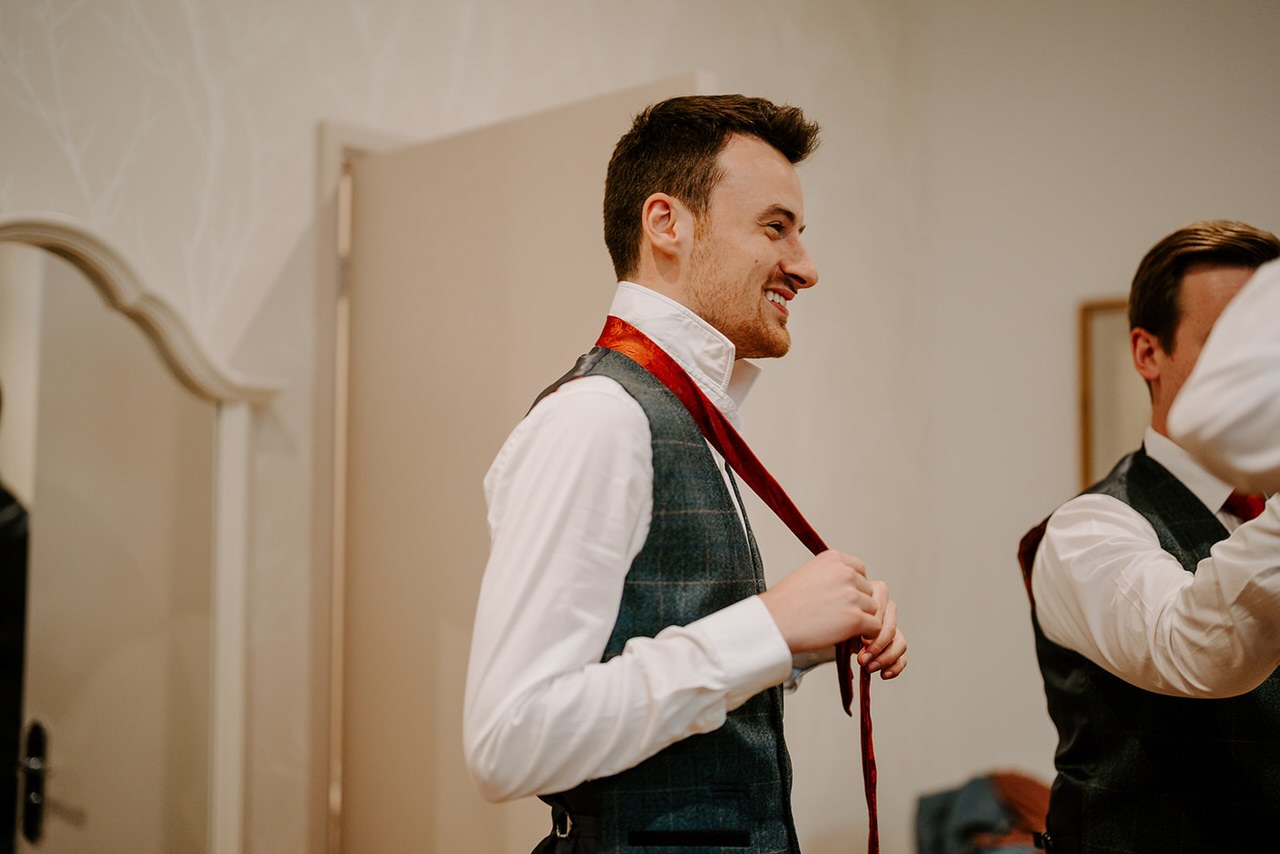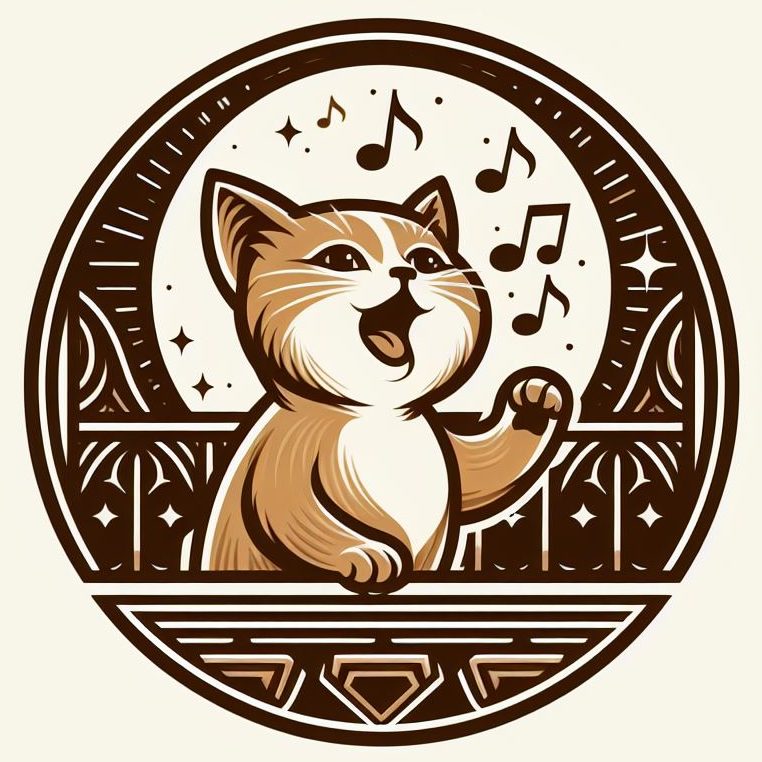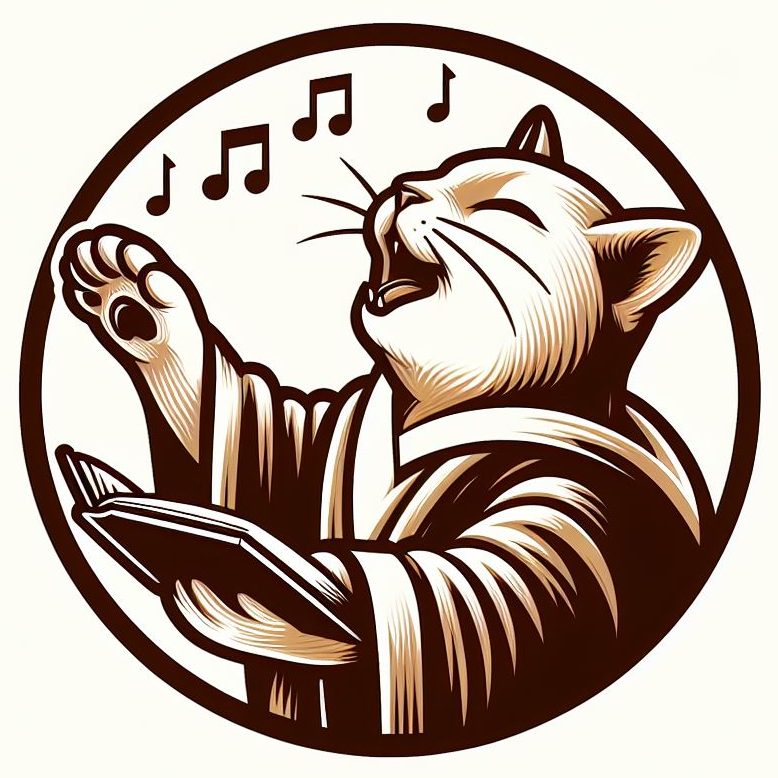About Catterwall

Catterwall is a website devoted to the exploration of historically informed performance practices in early English music. The director of The Tallis Scholars – Peter Phillips – recently asserted that the sound of singing before 1700 was “unrecoverable”. The present blog, however, promotes interpretations of historical evidence that are informed by a scientific approach to the voice. Catterwall aims to provide fresh hope that the unrecoverable might perhaps be ‘recovered’.
Benjamin Maloney
Benjamin is a PhD student in Music and Linguistics at the University of York. His research centres on the language, music, and musical culture of Britain and colonial North America during the sixteenth and seventeenth centuries. Outside of academia, Benjamin regularly performs on the harpsichord and organ, plays in a viol consort, and enjoys singing a variety of a cappella music.

Mercury
Amphitryon (John Dryden, 1691)
What sawoy Companion is this, that deafens us with his hoarse Voice? what Midnight Ballad-singer have we here? I shall teach the Villain to leave off Catterwawling.
Sosia
I wou’d I had Courage, for his sake; that I might teach him to call my singing Catterwawling, an Illiterate Rogue; an Enemy to the Muses and to Musick.
Fernando
The Fatal Marriage (Thomas Southerne, 1694)
What, I suppose you were with him last night, a Serenading (as you pretty Gentlemen call it) but in my language, ’tis catterwawling; good for nothing but to disturb a civil neighbourhood; waken our Wives into wicked wishes; and put ’em in mind of younger Fellows than their Husbands.
Commandement was giuen, that there should no drinke be touched, till she that was master ouer her husband, had sung a Christmas Carroll: wherupon they fell all to such a singing, that there was neuer heard such a catterwalling péece of Musicke. Wherat the Knight laughed heartely, that it did him halfe as much good, as a Corner of his Christmas Pie.
Pasquils iestes mixed with Mother Bunches merriments (Pasquil, 1609)
The Caterwauling, a Song made at Epsom alluding to an Intrigue there.
TWO Cats were playing by a Well side,
And one of these two Cats fell in,
The Cat that was left most bitterly wept,
Because she was t’other Cats Cozen Jermain.But e’re she could hide her sorrows, and wipe
The Tears from her fair sweet Eyes that fell,
Malitious Fate brought another fierce Cat,
To see her bemoan her dear Love in the Well;
Some time this Cat in a Window had sat,
And seen her bemoan her dear Love in the Well.This Cat of mode did the t’other Cat keep,
And had given her many a Rich Tabby Gown,
Deserted his Spouse, to feast her with his Mouse,
And made her outbrave all the Cats in the Town;
Her Champion was, in all Chances befell her,
And had often fought for her in Garret and Celler.But now his heart with jealousie burns,
His Eyes he inflames, and his Claws does whet;
The loving Pur to loud howling he turns,
And Lyon-like stares on the other poor Cat:
Ah! false one, crys he, what a plague did you want,
To howl for this Fool, and desert your Gallant?Have I so long bin your Cully and Fop,
A New collection of songs and poems (Thomas D’Urfey, 1683)
And kept my poor Wife so long from Town?
Spent all my Estate to keep you at your rate;
Every Tooth in your head has cost me a Pound,
And am I thus Jilted by a Cat-Whore,
Go, go, you’r a Puss, and I’le see ye no more!

